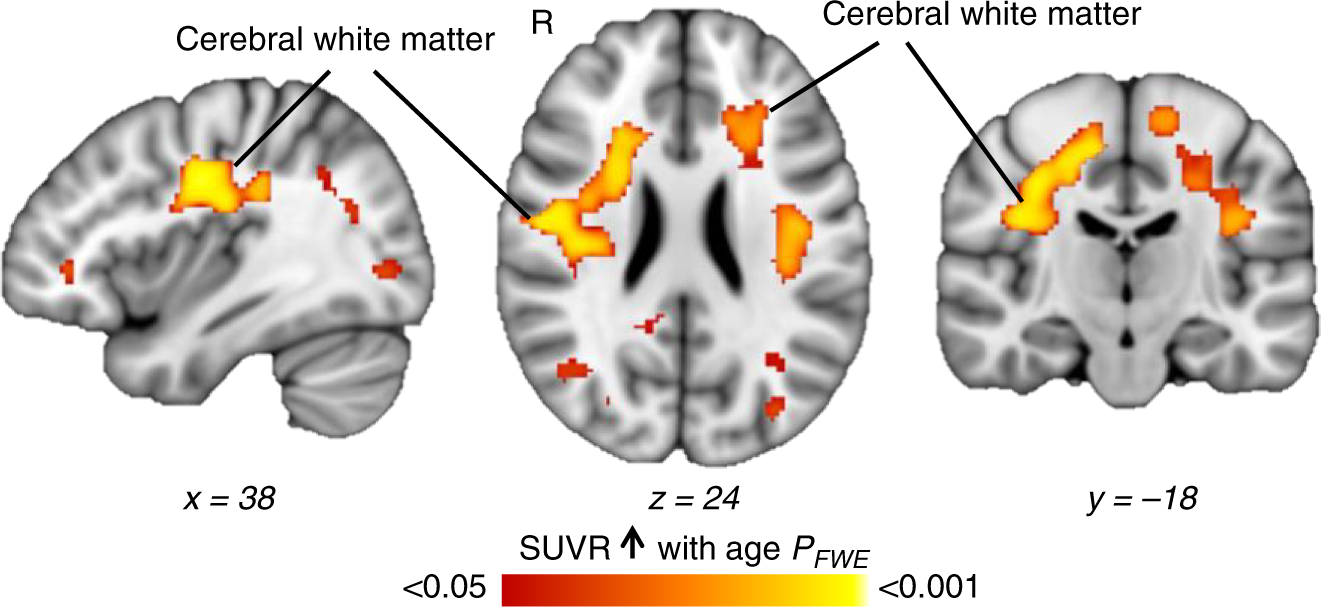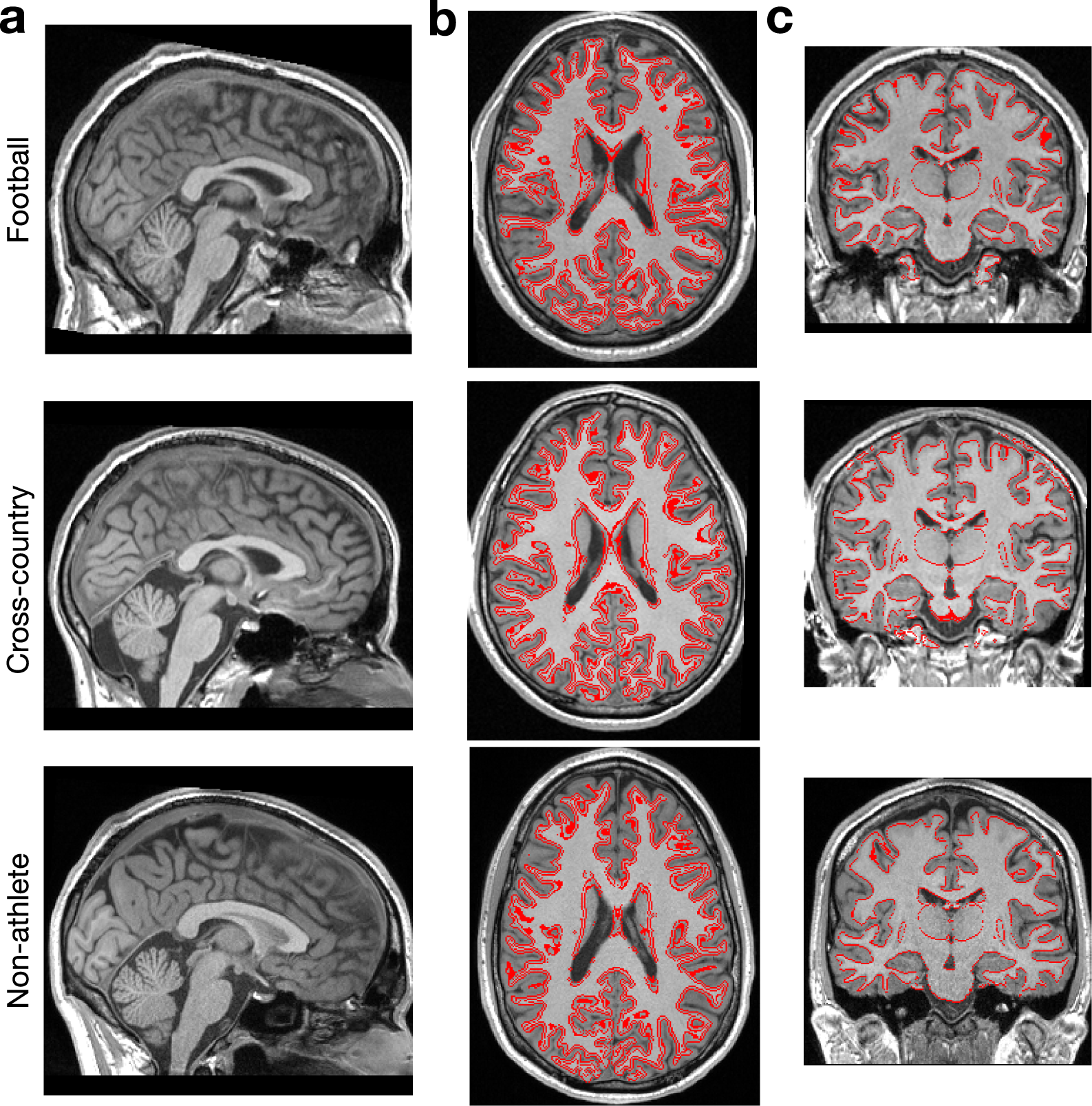
Realistically, were a pretty long way away from understanding the biology of how these neurons connect and interact enough for an accurate model. Even though a lot of people try to just tweak these models to more closely match real neurons, the more you tweak, the further you get from any real understanding. But when you try to add more and more neurons, the system just breaks down and no longer acts anything like the neurons in the brain. Right now, with our best computer models, we can successfully model up to (roughly) 10,000 neurons, and that takes a very long time. In simple terms, we just dont understand all the variables that affect these neurons, and its impossible to accurately model what you simply dont understand. And for this issue, luckily, here we have companies like IBM that are spending millions and millions of dollars just trying to give the world more computing power.īut a big part of the problem is also our biological understanding. Well, its partially a computational barrier. So is the barrier just about computing power? And dont forget, were talking about having to individually compute all those equations for all these variables for 100 billion neurons all at the same time.Įven if we ignored most of the complexity in the brain aside the fact that we dont have just one type of neuron, or if we assumed all the neurons are healthy, and so onthere isnt a supercomputer on earth that could create this type of theoretical model for anything close to even a million neurons over any realistic time period. Every single neuron has to be defined by a number of different variables, and each variable requires a set of differential equations to run.

One issue is that modeling these neurons requires very computationally expensive math. A human brain is composed of roughly 100 billion neurons, and those form a very intricate but also incredibly dynamic network. There are a lot of projects that are trying to do just this, but you have to realize, the brain is by far the most complex system scientists have ever tried to understand. Please register ASAP to avoid disappointment.Whats keeping us from modeling a human brain, neuron by neuron, on a computer?
#Human brain mapping fsl course free#
While the main event is free to attend, attendees will be responsible for their own dinner expenses. Please also indicate if you would like to join for dinner.
#Human brain mapping fsl course professional#
In both cases please specify your name, professional affiliation, and contact information. Please register your interest in attending this event with Xiao Chen through website or email: Ning Liu: Principal Investigator of State Key Laboratory of Brain & Cognitive Sciences, Institute of Biophysics, Chinese Academy of Sciences, ChinaĬhao-Gan Yan: Principal Investigator and Deputy Director of Magnetic Resonance Imaging Research Center, Institute of Psychology, Chinese Academy of Sciences, China Juan (Helen) Zhou: Secretary Elect of the OHBM, Principal Investigator of Neuroscience and Behavioral Disorders Program, Duke-National University of Singapore Xi-Nian Zuo: Program Chair Elect of the OHBM, Professor and Director of Magnetic Resonance Imaging Research Center, Institute of Psychology, Chinese Academy of Sciences, China Jia-Hong Gao: Chair Elect of the OHBM, Professor and Director of Magnetic Resonance Imaging Center, Peking University, China Venue: Room 324-326, Suntec Singapore, Singaporeġ7:00 ~ 17:25: Jia-Hong Gao (Chair Elect of the OHBM, Professor and Director of Magnetic Resonance Imaging Center, Peking University, China)ġ7:25 ~ 17:50: Xi-Nian Zuo (Program Chair Elect of the OHBM, Professor and Director of Magnetic Resonance Imaging Research Center, Institute of Psychology, Chinese Academy of Sciences, China)

Furthermore, young scholars could learn the career paths of senior researchers and seek advice for their own professional development. The goal of the event is to bring together Chinese researchers with diverse backgrounds from the OHBM community to communicate, discuss, and collaborate on cutting edge neuroscience research topics and methods. The 2018 Annual Event of Chinese Young Scholars for Human Brain Mapping is an event supported by the OHBM China Chapter and the OHBM Communications Committee.

Invitation to the Annual Event of Chinese Young Scholars for Human Brain Mapping, Singapore, 19 June 2018.


 0 kommentar(er)
0 kommentar(er)
